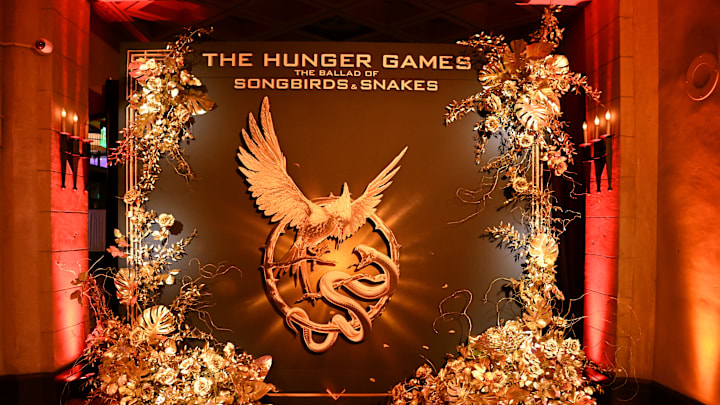Futuristic Horrors

While dystopian novels are inherently about societies, there is a significant sub-genre that focuses on technology. Most often, these either show how a current technology will malfunction or how a potentially innocuous technology could be used by those with bad intentions.
These predominantly emerged in the mid 20th century, as technology began to appear and spread at an exponential rate. This fear of technology and what it will do to us has not lessened in recent years, as the interconnectivity of the world only increases with time.
This is the subgenre to turn to for artificial intelligence enslaving humanity and the government using the Internet to brainwash the population. Human nature is still critical to these novels, but it tends to be most significant in understanding the protagonist, rather than the antagonists. In addition, capitalism itself is frequently an opponent to be torn down.
Examples:
- Do Androids Dream of Electric Sheep by Philip K. Dick
- The Machine Stops by E. M. Forester
- The Water Thief by Nicholas Lamar Soutter
- The Feed by Nick Clark Windo
